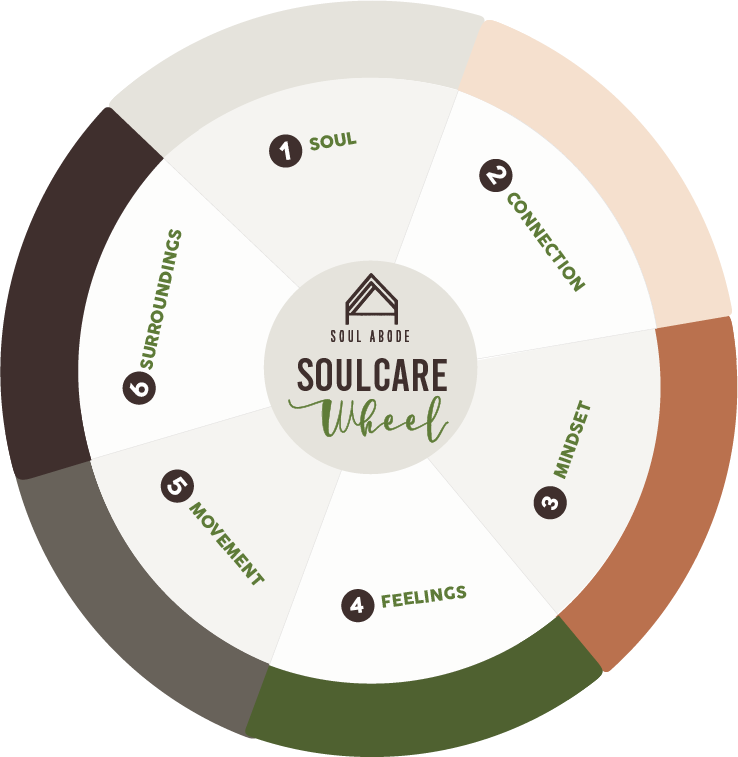The Link Between Emotional Regulation and Longevity

Emotional regulation is a skill that allows individuals to manage and respond to their emotions in a healthy and constructive way. While emotional regulation is commonly associated with mental well-being, research suggests that it also plays a significant role in physical health and longevity.
Reducing Stress and Enhancing Health
One of the key ways in which emotional regulation contributes to longevity is by reducing stress levels. Chronic stress has been linked to a wide range of health issues, including heart disease, diabetes, and weakened immune function. By effectively managing emotions and stress, individuals can lower their risk of developing these conditions and improve overall health.
Improving Relationships and Social Support
Emotional regulation also plays a crucial role in fostering healthy relationships and social support networks. Research has shown that individuals with strong social connections tend to live longer and have better health outcomes. By regulating emotions, individuals can enhance their interpersonal skills, resolve conflicts more effectively, and build stronger social bonds.
Enhancing Coping Mechanisms
Life is full of challenges and setbacks, and how we cope with these difficulties can greatly impact our well-being. Emotional regulation helps individuals develop better coping mechanisms, allowing them to navigate stressful situations with resilience and adaptability. By effectively managing emotions, individuals can avoid unhealthy coping strategies such as substance abuse or excessive stress eating, which can have detrimental effects on health and longevity.
Practicing Emotional Regulation Techniques
Fortunately, emotional regulation is a skill that can be developed and practiced. Here are some techniques that can help:
- Mindfulness meditation: Practicing mindfulness can help individuals become more aware of their emotions and develop the ability to observe them without judgment.
- Deep breathing exercises: Deep breathing can activate the body's relaxation response, reducing the physiological effects of stress and promoting emotional balance.
- Engaging in physical activity: Regular exercise has been shown to improve mood and reduce symptoms of anxiety and depression, enhancing emotional regulation.
- Seeking therapy: Working with a mental health professional can provide individuals with the tools and support needed to develop effective emotional regulation strategies.
The Power of Emotional Regulation
Emotional regulation is not only beneficial for mental health but also for physical health and longevity. By reducing stress, improving relationships, enhancing coping mechanisms, and practicing emotional regulation techniques, individuals can enjoy a longer, healthier, and more fulfilling life.

Sign-up for our newsletter
By clicking "sign up," you agree to receive emails from Soul Abode and accept our web terms of use and privacy and cookie policy.



